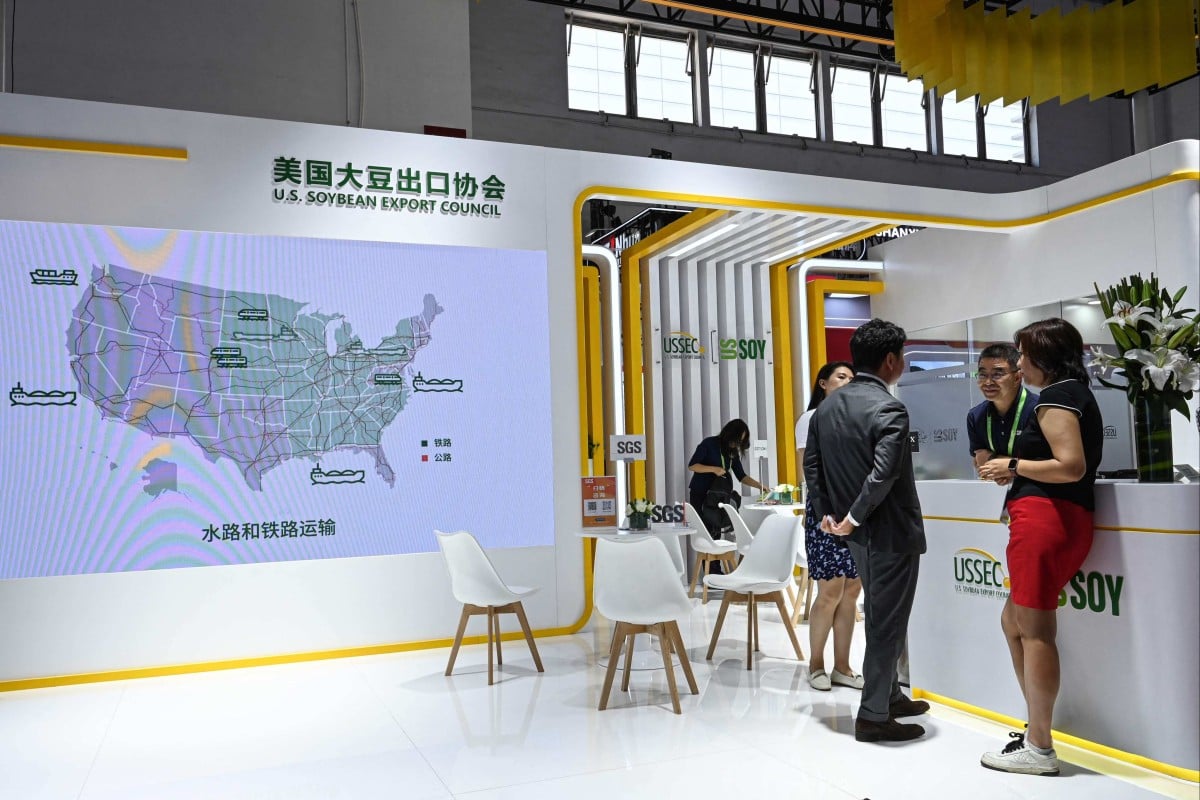American Companies Continue to See China as a Critical Market
A recent survey of American companies operating in China has revealed that despite the challenges posed by strained bilateral relations, tariffs, economic weakness, and lost market share, most firms still view the Chinese market as essential to their global competitiveness. The findings come from an annual survey conducted by the US-China Business Council, which highlights the complex dynamics shaping the business environment for foreign firms in China.
The survey, which included responses from about 130 of the group’s 270 member firms—most of which are large corporations with over 20 years of presence in China—showed that nearly all participants believe they cannot remain globally competitive without their operations in China. This sentiment persists even as many companies report declining sales, reputational damage, and pressure on profitability due to growing geopolitical tensions and trade issues.
Despite this, fewer than half of the surveyed companies expressed optimism about the future, citing ongoing concerns such as tariffs, China’s deflation, insufficient demand, and policy uncertainty. The survey was conducted between March and May, reflecting the current state of affairs for American businesses in the region.
Sean Stein, president of the US-China Business Council, emphasized the need for broader trade negotiations beyond just tariffs and export controls. He pointed out that while these issues dominate discussions, other factors such as unequal treatment of foreign companies and limited market access also play a significant role in shaping the investment climate.
Beijing has introduced a reform roadmap aimed at making investing in China easier, fairer, and more profitable for foreign companies. Stein hopes that ongoing trade talks can help accelerate this process, allowing for a recovery in investment levels. However, he also noted that China has become more confident, which may complicate future negotiations.
Stein highlighted that both the U.S. and China have recognized the potential for economic harm if tensions escalate further. This mutual understanding is seen as a positive development, as it encourages both sides to tread carefully when dealing with supply chains and exports. However, he also warned that China’s increased self-confidence could make it more challenging for the U.S. to negotiate favorable terms.
While the Chinese economy has shown signs of improvement, with a 5.3% year-on-year growth in the first half of the year, American companies still face several challenges. These include rising risks, lower rewards, and the impact of tariffs and trade restrictions. Despite these difficulties, the majority of companies remain committed to the long-term potential of the Chinese market.
Key Challenges Faced by American Firms in China
One of the most pressing challenges cited by surveyed companies is the strained U.S.-China relationship, with 88% of respondents indicating its impact—up from 79% last year. Tariffs have also risen in significance, moving from eighth to second place among top concerns, with 68% of companies expressing alarm over the April 2 “Liberation Day” tariffs imposed by the Trump administration.
The manufacturing and technology sectors have been hit hardest by these tariffs, with nearly 90% of companies in those industries reporting operational disruptions. As a result, companies are now focusing on securing long-term tariff relief through ongoing trade negotiations, which have led to a 90-day suspension of duties set to end on August 12.
While progress has been made in easing cybersecurity and data transfer restrictions, American companies still face challenges related to China’s industrial policies and subsidies, which often favor domestic firms. Nearly one-third of respondents reported declining market share due to these policies, with 56% of companies experiencing sales losses attributed to the advantages given to state-owned enterprises.
Profitability for U.S. firms in China is under increasing strain, driven by factors such as China’s economic slowdown, overcapacity, and price wars. For the first time since 2016, overcapacity has ranked among the top 10 challenges for American firms, affecting 42% of respondents. Additionally, China’s insufficient domestic demand and rising costs related to tariffs continue to weigh on profit margins.
The Road Ahead for U.S.-China Trade Relations
Despite these challenges, American companies remain committed to the Chinese market, recognizing its importance in accessing a growing middle class and developing new technologies essential for global competitiveness. However, the survey warns that without progress on key issues, further disinvestment and market share losses are likely.
Washington’s enforcement of export controls has also had a significant impact on U.S. firms in China, with nearly 40% of companies reporting harm, particularly in advanced technology products. These controls have led to lost sales, severed customer relationships, and reputational damage.
As trade talks continue, the focus remains on achieving predictable and equitable conditions for U.S. companies operating in China. While there is hope for progress, the path forward remains uncertain, with both sides navigating a complex and evolving landscape.










